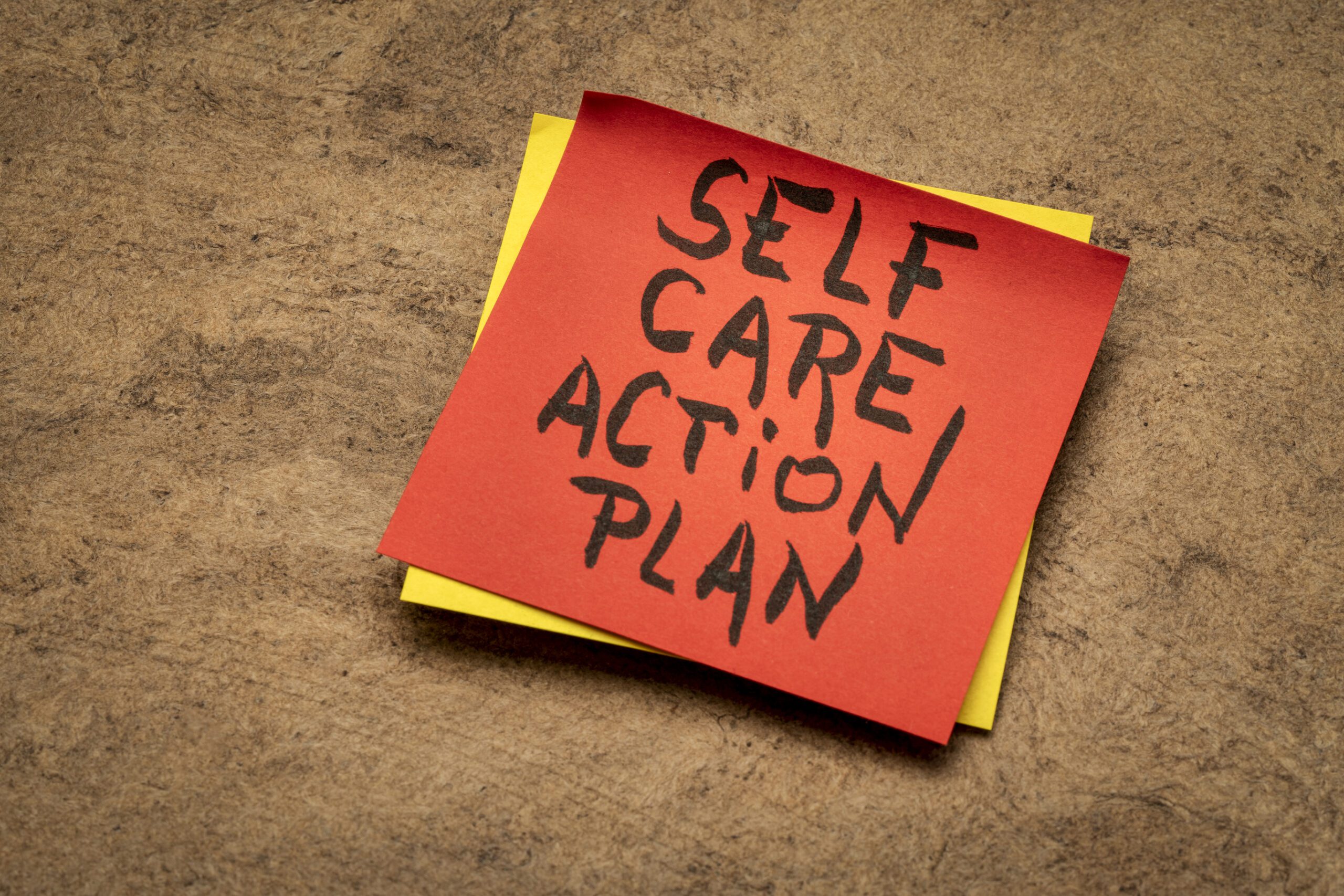September is National Self-Care Month! Self-care, often overlooked in the hustle and bustle of daily life, is essential for maintaining both physical and mental health. It’s about taking time for yourself to recharge, reduce stress, and improve overall well-being. Let’s explore what self-care is and how you can incorporate it into your routine.
What is Self-Care?
According to the National Institute of Mental Health, self-care is the practice of taking actions that promote your physical, mental, emotional, social, spiritual, and financial health. It’s about nurturing yourself and investing in your well-being. By prioritizing self-care, you can:
- Reduce stress: Manage stress and prevent burnout.
- Improve mental health: Boost mood and reduce anxiety.
- Enhance physical health: Improve sleep, energy levels, and overall health.
- Strengthen relationships: Build stronger connections with others.

Watch Susie McEntire-Eaton & other celebrities share details from their spiritual journeys in exclusive series Jesus Calling
Types of Self-Care
- Physical self-care: Engaging in activities that benefit your physical health, such as exercise, nutrition, and sleep.
- Mental and emotional self-care: Activities that promote relaxation and positivity, like meditation, consuming UPlifting content, journaling, and therapy.
- Social self-care: Building and maintaining healthy relationships through social interactions and connections.
- Spiritual self-care: Practices that nourish your spiritual well-being, such as prayer, meditation, devotionals or spending time in nature.
- Financial self-care: Managing your finances responsibly to reduce stress and achieve financial goals.

Who knew that helping others felt so good? Take a page out of the late Basil Hoffman’s character in Lucky Louie’s book & spend some time helping others in your community. Whether it’s volunteering to read to children, or packing food at a food pantry, no gesture is too small.
How to Start a Self-Care Routine
- Start small: Begin with one or two simple self-care practices and gradually incorporate more.
- Be consistent: Make self-care a regular part of your routine.
- Find what works for you: Experiment with different self-care activities to discover what resonates with you.
- Seek support: Share your self-care journey with friends, family, or a therapist for encouragement and accountability.

Everything is better with a friend! Bring a friend along the next time you take a self-care walk like the ladies from Love, Bubbles and Crystal Cove.
Examples of Self-Care Activities
- Physical: Exercise, yoga, swimming, gardening, eating nutritious meals, getting enough sleep.
- Mental and emotional: Meditation, journaling, spending time in nature, listening to music, reading.
- Social: Spending time with loved ones, joining a club or group, volunteering.
- Spiritual: Prayer, meditation, attending religious services, spending time in nature.
- Financial: Creating a budget, saving money, seeking financial advice.
The Benefits of Self-Care
Self-care isn’t just about pampering yourself; it’s a crucial investment in your overall well-being. Regularly practicing self-care can lead to numerous benefits, including:
- Improved mental health: Self-care helps reduce stress, anxiety, and depression, promoting a positive mindset.
- Enhanced physical health: Engaging in self-care activities, such as exercise and healthy eating, can boost your immune system, improve sleep, and reduce the risk of chronic diseases.
- Increased productivity: When you take care of yourself, you’re better equipped to handle challenges and perform at your best.
- Stronger relationships: Self-care helps you maintain healthy boundaries and be more present in your relationships.
- Increased self-esteem: Prioritizing your needs and well-being can boost your confidence and self-worth.
- Greater resilience: Self-care helps you build resilience and better cope with life’s challenges.
Conclusion
Self-care isn’t a luxury, but a necessity for a healthy and fulfilling life. By prioritizing your well-being and incorporating self-care practices into your daily routine, you can reduce stress, improve your mental & physical health, and enhance your overall quality of life. Remember, self-care is a journey, and there’s no one-size-fits-all approach. Take things slow, find what works best for you and make it a priority! By making self-care a priority, you’re investing in a happier, healthier, and more fulfilling life.
At UP Faith & Family, we strive to be a refuge for those seeking solace from the noise of the outside world. Our uplifting movies and series offer a haven of hope, inspiration, and comfort. We invite you to explore our content and let it be a part of your self-care routine.
Zoie Taylor is the Streaming Coordinator for UP Faith & Family. She loves all things TV & Film. Her top 3 titles on UPFF are Heartland, Wildfire, and The Engagement Plot. Her favorite Heartland characters are Lisa and Jessica.






